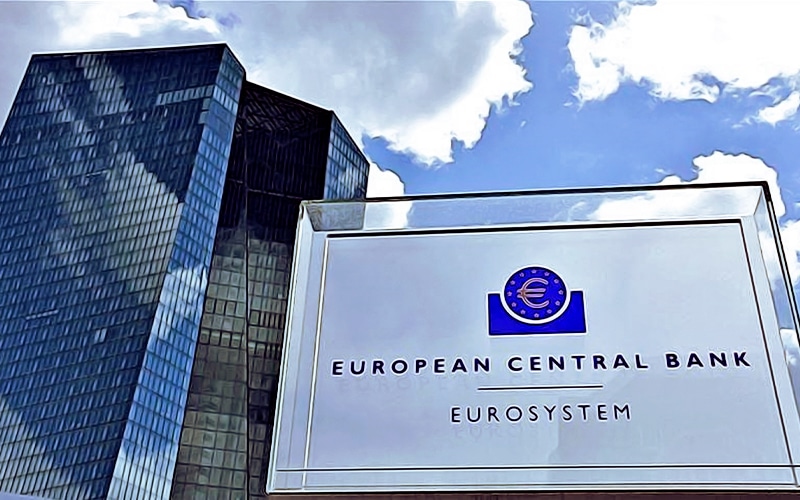The European Central Bank (ECB) prefers CBDCs as a mode of payment across borders over Bitcoin (BTC), banking, and stablecoins, among others.
ECB’s interest in sorting out the best cross-border cost goal originates from the fact that it serves the grounds as the central bank of 19 European Union countries that have embraced the euro.
The study, “Towards The Holy Grail of Cross-border Payments,” alluded to Bitcoin as basically the most extraordinary unbacked crypto resource.
“Since the settlement in the Bitcoin network occurs only around every ten minutes, valuation effects are already materialising at the moment of settlement, making Bitcoin payments actually more complicated,” EBC’s assessment of Bitcoin as a foul cross-border cost framework reduces right down to the settlement component of the very unsafe resource.
While the study featured Bitcoin’s inherent scaling and speed issues, it neglected the upgrades required by Taproot and Lightning Network, which upgraded the network performance, presuming that “The underlying technology (and in particular its ‘proof-of-work’ layer) is inherently expensive and wasteful.”
On the contrary, the ECB recognized CBDCs as a more prominent counterpart for cross-border payments having better compatibility with forex exchange(FX) transformations, as its benefits include the safeguarding of monetary power and the comfort of instant payments through middlemen identical to central banks.
However, according to Australia central bank Governor Phillip Lowe, private issued tokens may be better than CBDCs and also “better than the central bank at innovating”.
Lowe further stated that the wide usage of tokens in communities will need to have backing from the state or be regulated just as we regulate bank deposits.
Lowe believes mitigating risks like crypto adoption can be avoided by strong regulations and state backing.






